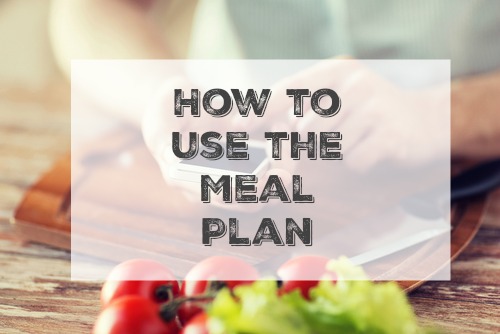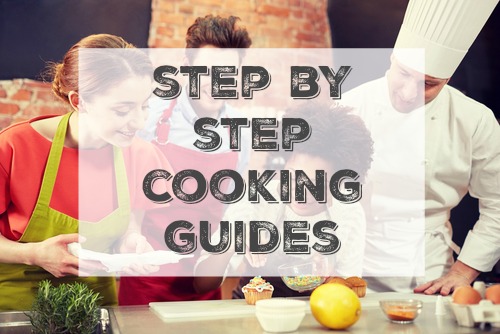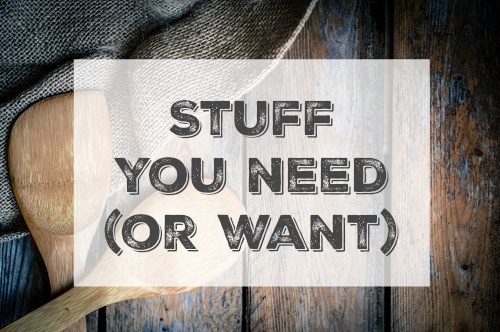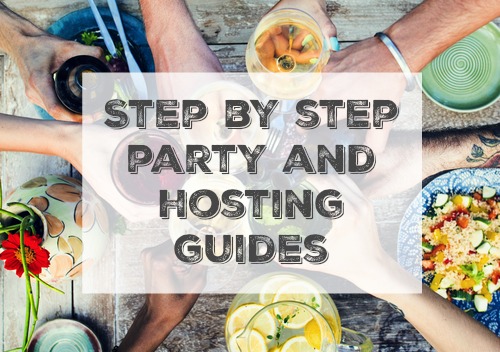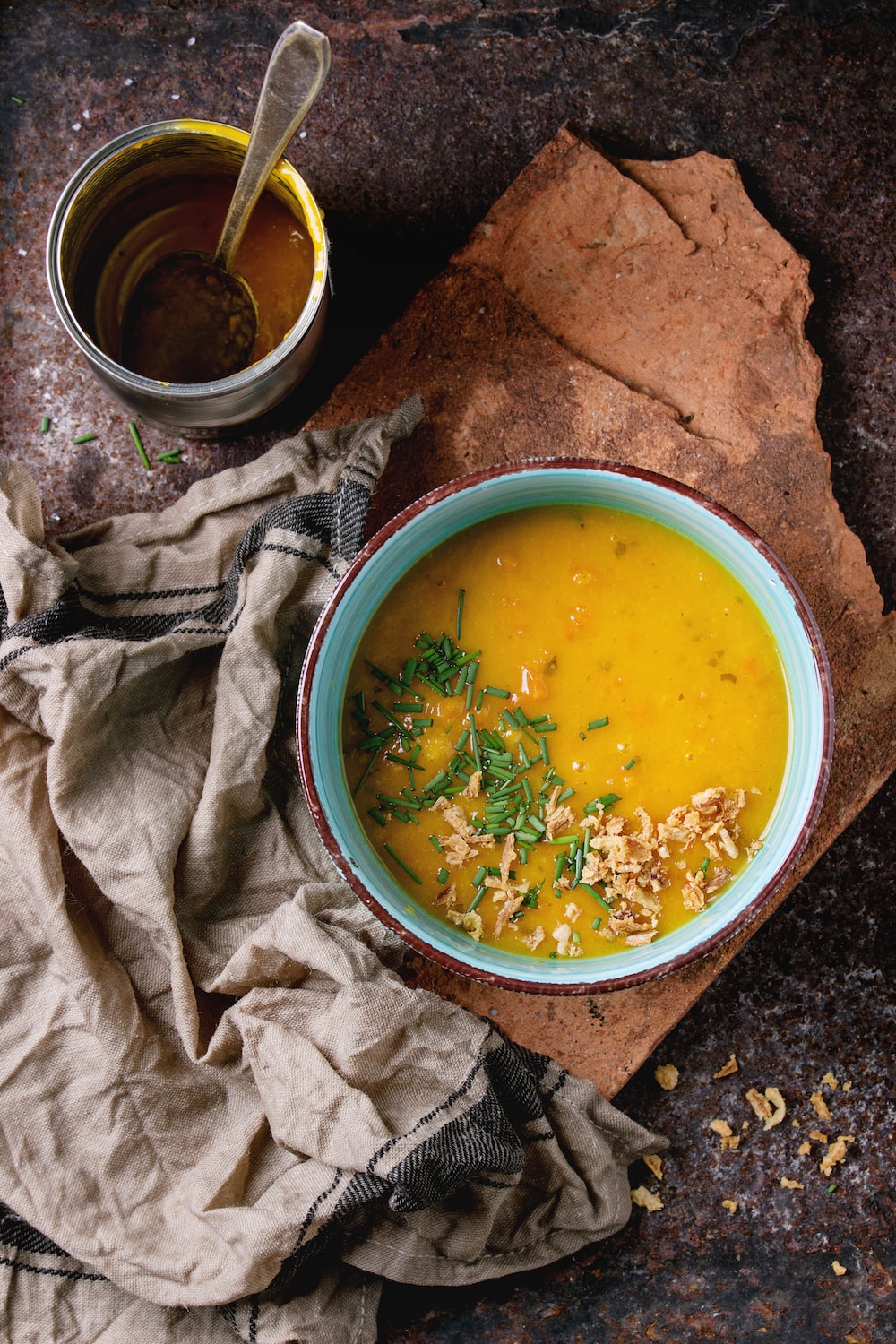
Soups are one of the most traditional foods you think about when you think about slow cooking. Chances are you've made a few, if not a lot, of soup recipes yourself. So, why do we really need a tutorial with tips and tricks on how to slow cook soup? Well, after trying out a lot of recipes I found in books and around the internet, and after developing many of my own recipes, I think it's safe to say I've slow cooked hundreds of soups. And yes, I've ruined some along the way. So, I've decided to share the do's and don'ts of what I've learned with you so that every soup recipe you make will be a huge success.
Do's
- Use low-sodium broth - this will allow you to control the salt content of your recipe.
- Cook larger or tougher cuts of meat on low over a longer period of time, generally 7-9 hours.
- Use frozen veggies - they work well in soups, are easy and generally have all the prep work done. For heartier veggies, you can add them at the beginning, for anything with higher water content (squash, etc.) add it closer to the end, just long enough for it to heat through.
- Use fresh veggies - soups are a great way to sneak in nutritious veggies. And even more so when you slow cook them as all those nutrients that may otherwise escape are all trapped right there in the crock!
- Add heartier fresh herbs like rosemary or thyme at the beginning of cooking so that they will become tender and infuse your dish with tons of flavor.
- Use dried spices. They are an easy way to add flavor to your dishes. Add a little and then add more as your food is close to being done and you can taste it. Remember, you can always add more while cooking, but it's tough to remove the extra spices once you've added it and found out it's too spicy or the flavor is too strong.
Don'ts
- In general, don't add dairy until towards the end of the recipes. This is especially true for milk or cream, as you don't want it to separate. It will not spoil the recipe, necessarily, but it will give it an odd look and texture.
- Don't add most seafood until the end of the recipe. Shrimp, scallops, crab or small chunks of fish will cook quickly. You don't want them to overcook and get chewy, so just plan for 30-60 minutes at the end of your recipe to add them in.
- Don't add leafy fresh herbs too early. They will get soggy or lose their flavor. Wait until the end of cooking time and stir them in or use them as a garnish.
- Don't be afraid to make extra. Soups are perfect for freezing and taking along in your lunch for the next few weeks!
and as a little something extra, let's talk about:
Time-Saving Tricks
- Add chicken breasts or other chunks of meat in whole instead of chopping. Then when they are done cooking they will be very tender and will fall apart or shred easily using a couple of forks to shred the meat.
- Prep ingredients in advance and store in a zippered freezer bag (2-3 days in the fridge, if longer, store in freezer). Do not add broth or water until you add the contents of the bag to the slow cooker.
- Use these containers to store your leftover soup. You can easily pop them in the microwave or freezer without having to transfer to a different container.


